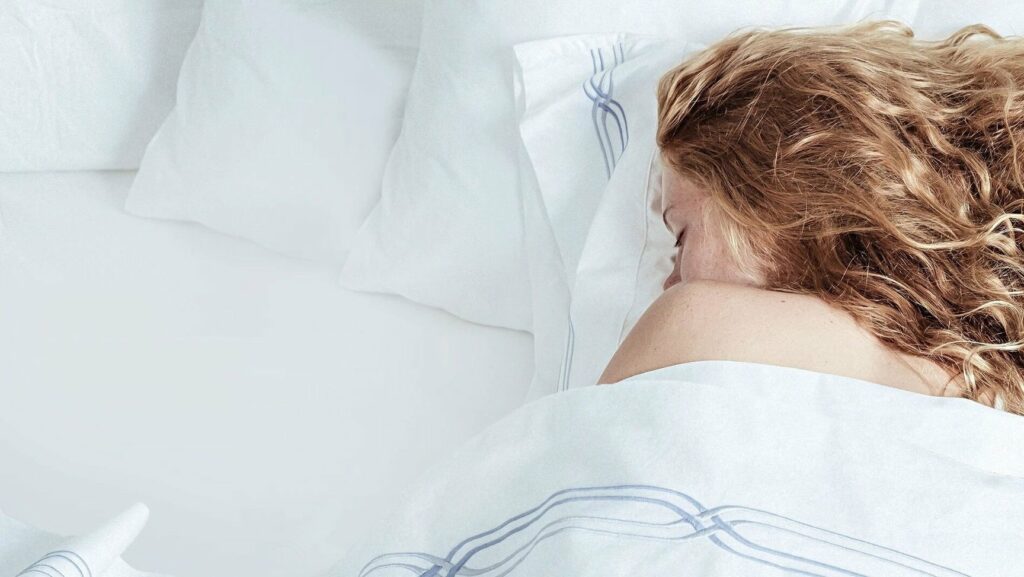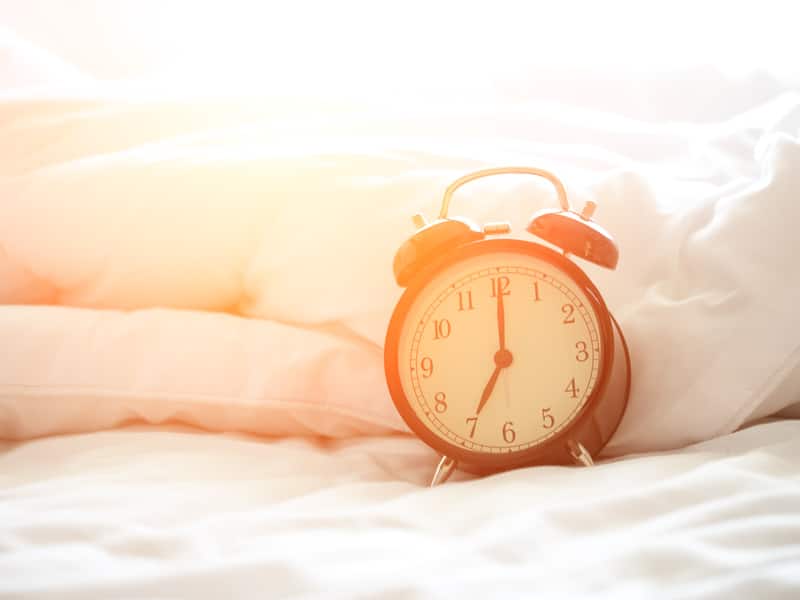
What Gets You In The Mood (For Sleep?)
Sleep is so inherently biological, like breathing, that it can become an afterthought, easily taken for granted. We neglect it so much sometimes that when we want it most, it’s no longer available. Our relationship with sleep becomes contentious, and we resent the time taken for it when that time could be well-spent elsewhere.
Like anything else in our lives, the more we voluntarily neglect it the more distant it becomes. So how do we reignite the passion in our relationship with sleep?
First, we change our thoughts about sleep.
Studies show that foregoing sleep to become more productive actually works against us.
“Burning the midnight oil” to push ourselves towards the completion of a thing rarely results in quality work.
“Researchers from Cambridge University have suggested that sleep deprivation affects the workplace efficiency more than smoking and drinking on weekdays. The study also reflects the fact that our body needs minimum of seven hours sleep to perform better in the office and the lack of it might have a greater effect on workplace efficiency than being bullied in the workplace, or suffering from high blood pressure, or showing symptoms of depression.” – (International Business Times. May 27, 2015).
We may not have the same urgent survival response to sleep as the more immediate need to breathe, but it is essential to our function and well-being to the point that we sometimes cause irreparable damage to our bodies without it . We need sleep to live. We need good sleep to function well.
Then we change our actions.
Our commitment to “sleep appreciation” shows more in what we do, than what we say.
When we take steps daily to make good on our commitment, we ensure sleep success. We’re rested, refreshed, and yes – more productive.
Think about all the factors that can interfere with a good night’s sleep — from pressure at work and family responsibilities to unexpected challenges, such as layoffs, relationship issues or illnesses. It’s no wonder that quality sleep is sometimes elusive. Although you might not be able to control all of the factors that interfere with your sleep, you can adopt habits that encourage better sleep.” (Sleep Tips: 7 Steps to Better Sleep: Mayo Clinic)
For example, diet and lifestyle habits directly affect sleep. Don’t consume caffeine (six hours or less), nicotine, alcohol or foods high in fat content before bed. Prep your mind and your body for sleep a few hours before. Exercise at some point in the day actually helps you sleep at night. If you prefer to exercise at the end of the day, make sure it’s not right before bed. Allow a few hours in between for your body to unwind. Your bedroom should be for sleeping, not working. Shut down electronic devices, leave your phone out of the room, and get comfortable – take a relaxing bath or shower.
Finally, keep your bedroom temperature no warmer than 68 degrees. If your brain insists on being active and you find yourself consumed with thought, leave a pad and pen on your nightstand. Write your thoughts down and leave them for when you wake in the morning.
The final thought: Our relationship with sleep is a long-term commitment that we have to be intentional about maintaining in order for us and those we interact with, to continue to see the benefits. Remember, lack of sleep doesn’t just affect us; it also impacts those around us. Being committed to a good night’s sleep can even be perceived as a selfless activity.

Check out these resources for more tips on how you can maintain a great relationship with sleep:
Sleep Tips: 7 Steps to Better Sleep (Mayo Clinic)
10 Tips to Prepare for a Good Night’s Sleep (PickTheBrain.com)
How to Sleep Better: Tips for Getting a Good Night’s Sleep (Helpguide.org)
Want to be in the know? Join our VIP list.
*We never sell or share your information.

Don't just take our word for it.
We don’t take the term “sleep like a baby,” lightly. We know you don’t either. Want advice from a baby whisperer? Our sleep trainers understand.







